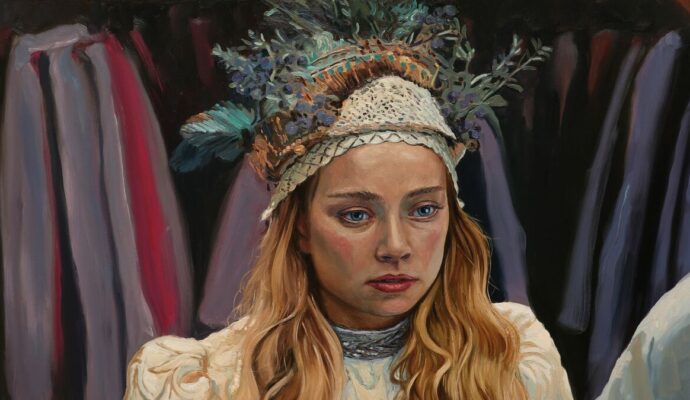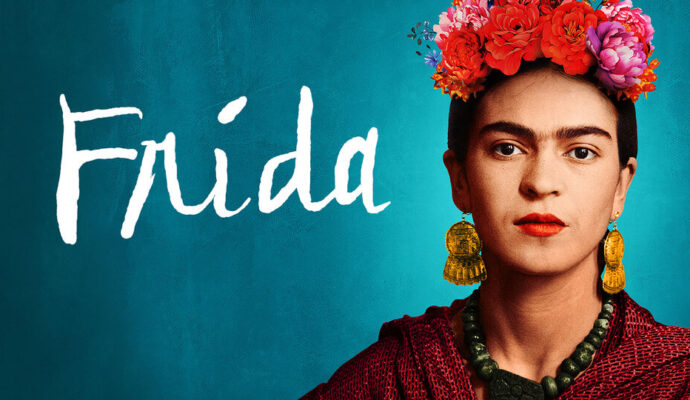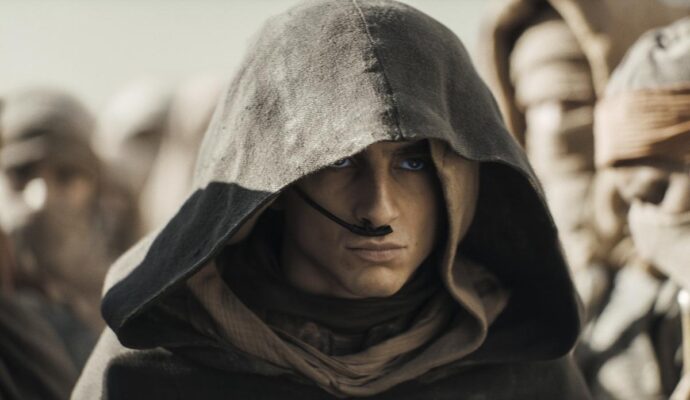“Judy” – It’s the late 1960’s, and a star is fading. Judy Garland’s (Renee Zellweger) star, because the bright, beautiful shine on her career – which includes “The Wizard of Oz” (1939) and Oscar nominations for “A Star is Born” (1954) and “Judgment at Nuremberg” (1961) – seems like a lifetime ago.
She feels like a terrible mother to her two preadolescent children Lorna and Joey.
She’s also broke and homeless.
Judy needs to jumpstart her career and earn a living, and through some very helpful advice, she earns a contract at the Talk of the Town theatre/nightclub in London’s West End to more welcoming audiences than she is finding in the U.S.
Still, the old saying: no matter where you go, there you are holds true. Although Judy’s move across the pond does immediately tend to her cashflow problems, her personal struggles linger.
They have for decades.
Judy Garland died decades ago, 50 years to be exact, and director Rupert Goold and screenwriter Tom Edge based their film “Judy” on Peter Quilter’s play “End of the Rainbow”, which captures the twilight of Ms. Garland’s life.
“Judy” carves out space for some rousing moments of her spectacular gifts and beautiful successes, but mostly, the film is an eye-opening expose of demons that she could never shake.
With a 1-hour 58-minute runtime, the film actually feels much shorter. Now, musical biopics “Ray” (2004) and “Walk the Line” (2005) feature legendary performers with heartbreaking problems, but the sprawling films of Ray Charles and Johnny Cash cover the entirety of their careers. These pictures live and breathe through years and years of the artists’ triumphs and good times, while also squarely focusing on their issues – including substance abuse – that plague them along the way.
“Get on Up” (2014), about James Brown’s story starring Chadwick Boseman, is another example, and don’t forget “Bohemian Rhapsody” (2018) and “Rocketman” (2019). All these films are celebrations, and for a star as big as Judy Garland, she deserves similar treatment.
Instead, the film plays out like a Greek tragedy, as Judy struggles with grace, sobriety and confidence, during her stint at Talk of the Town. This is the woman at her worst, but Goold does frequently flashback to Judy’s teenage career – played nicely by Darci Shaw – which directly ties to the serious issues as an adult. So, we do see the connections – although sporadically – between past and present, but not the rousing times of joy in between.
It’s thin and depressing. Sure, not unlike many aspects of Garland’s life force, but it’s not the whole story, which is a letdown and, in some ways, derelict of a filmmaker’s duty.
“Judy” feels like “The Iron Lady” (2011), a biopic about Margaret Thatcher’s life. Director Phyllida Lloyd spent the majority of her film on the former British prime minister’s dementia in her closing years. The end result was a sad, motionless picture with an Oscar-winning performance by Meryl Streep as its sole highlight. Okay, well, that’s a big one, and the movie did also garner a Best Achievement in Makeup Oscar too, but let’s not digress.
Certainly, excellent feature films can fill themselves with downer-themes and despondent feelings, but when the subject’s life has so many other years to embrace, movies like “The Iron Lady” and “Judy” are just incomplete.
They feel small.
Zellweger, however, delivers a wholly-complete and massive transformation in Garland, and as of September 2019, the Best Actress Oscar should be hers.
No question.
Throughout the film, Zellweger’s Garland bequeaths auras of insecurities and relentless self-doubt. Judy is a shell of herself and held together by slim threads of a survivalist instinct. A survivalist instinct for her kids, not for herself.
Her broken spirit and frail 4 foot 11 ½ inch form has been ravaged by pills, diets and alcohol since her teens, and these poisons have atrophied her mental health too. Zellweger delivers half smiles and other physical quirks which telegraph Judy’s problems with living in her own skin and the toll from the aforementioned vices, as cinematographer Ole Bratt Birkeland frequently shines unforgiving light on her Judy’s pale, stressed face.
In fact, during Judy’s opening night performance, she’s in terror – as plain as day – but still belts out her famous songs through muscle memory. On this particular evening, her mind and body don’t believe that she is capable, but her memories and some otherworldly magic transcend her perceived and actual limitations. During some subsequent appearances, her poise is on-point but then the torment returns as well. In all cases Zellweger is spellbinding and transformative, and she does – with power and pomp and circumstance – sing Garland’s hits, classics like “Get Happy”, “By Myself”, “The Trolley Song”, and more, including you know what.
In a Sept. 29 “The Telegraph” article, Zellweger said that she didn’t know if she could pull off the music numbers and added, “I was very sure I couldn’t do it.”
For a woman who rose to the A-list and co-starred with Tom Cruise, Jim Carrey, Richard Gere, Russell Crowe, and Ewan McGregor, those times seem like long ago. She has not left a serious mark on Hollywood since her 2004 Best Supporting Actress Oscar win for “Cold Mountain”, so this sudden superstar-turn 15 years later would seem as likely as a July snowstorm in Phoenix. Well, get out the shovels and clear a path for Zellweger and her out-of-nowhere, knockout performance.
⭐⭐ 1/2 out ⭐⭐⭐⭐
Image credits: LD Entertainment




